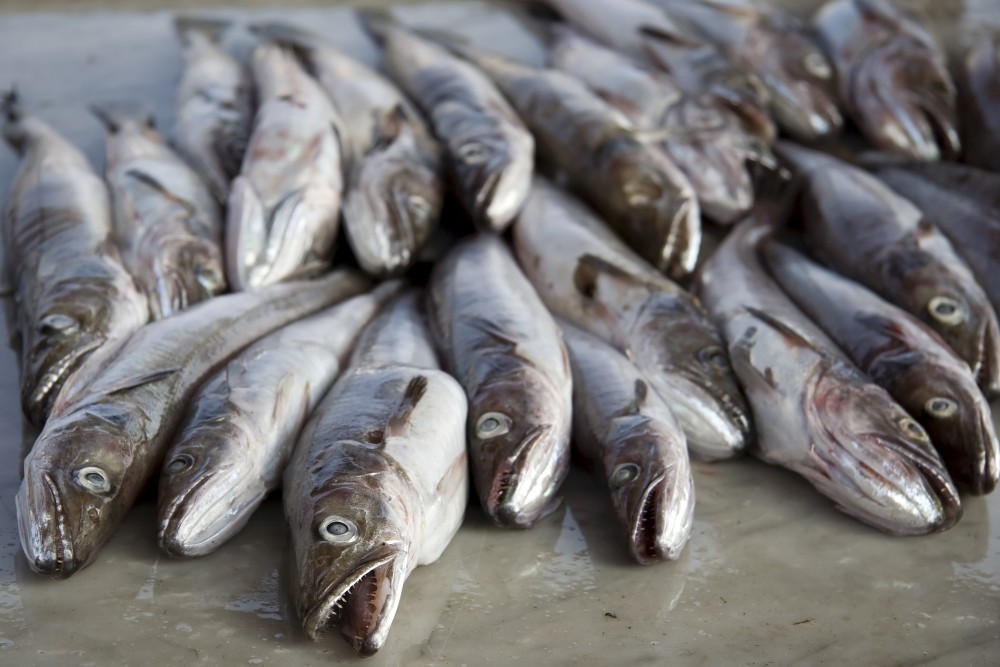Evolution’s lack of foresight
Disasters are not easy to believe in beforehand, and when they are imminent, it may be too late to change one’s behaviour
In her latest book chapter, ‘On depending on fish for a living, and other difficulties of living sustainably’, Australian Laureate Fellow Hanna Kokko, from the Research School of Biology, explores how evolution doesn’t always act to ensure the survival of the species.
The great irony of evolution is that the short term benefits of an individual’s behaviour are often in conflict with the long term persistence of the species. Kokko explains, "Some people believe that evolution always leads to something that is better - better populations, better performance - but it can actually lead to totally silly things as well because a lot of life is about out competing within our own species."
These evolutionary analogies are akin to our own over exploitation of public good; in this case, the collapse of the Northern cod fishing industry. "A fisherman gets away with catching too many fish without negative side effect during his individual lifetime. While a cooperative and conscious fisherman does not get the future profit of a better long term fish supply," Kokko explains.
Behaviour that causes a small amount of ecological deterioration in one generation can be intensified into to an environmental catastrophe in only a few generations’ time. According to Kokko, "It follows that evolutionary biologists, as well as anyone interested in issues of sustainability, should think explicitly about these different timescales." Kokko, together with her colleague Katja Heubel from the University of Tübingen, Germany, uses mathematical models to explore the "under appreciated link between the evolutionary principles that guide our decision making as evolved creatures and how resources are used in nature."
"The problem is that disasters are not easy to believe in beforehand, and when they are imminent it may be too late to change one’s behaviour. In the case of humans, the problem is perhaps exacerbated because we are so often able to delay those disasters."

